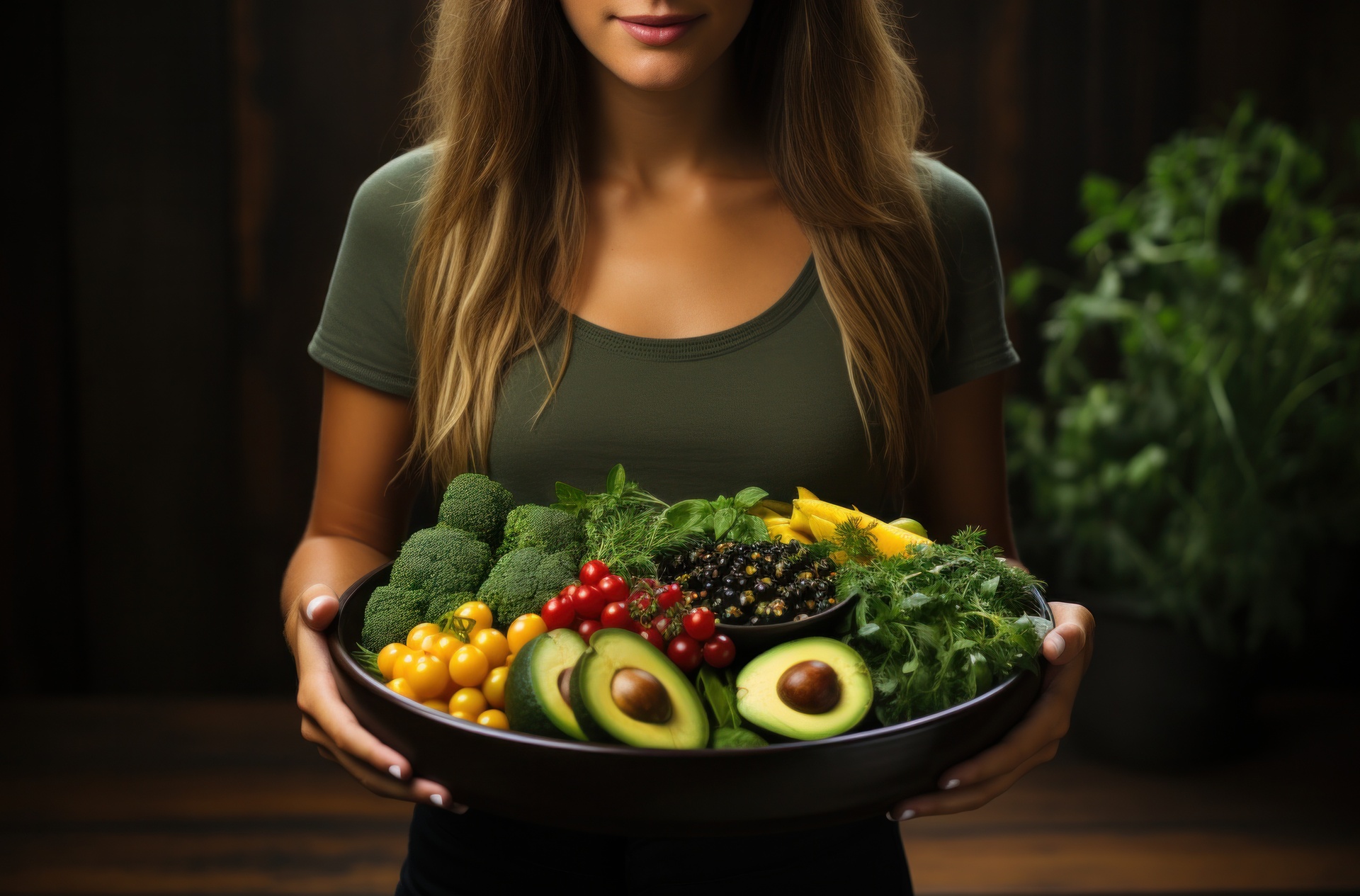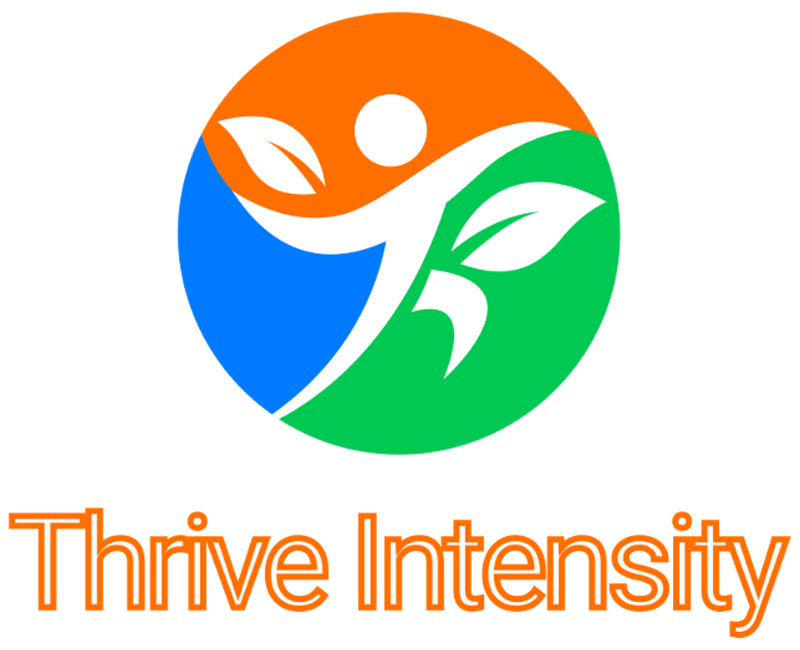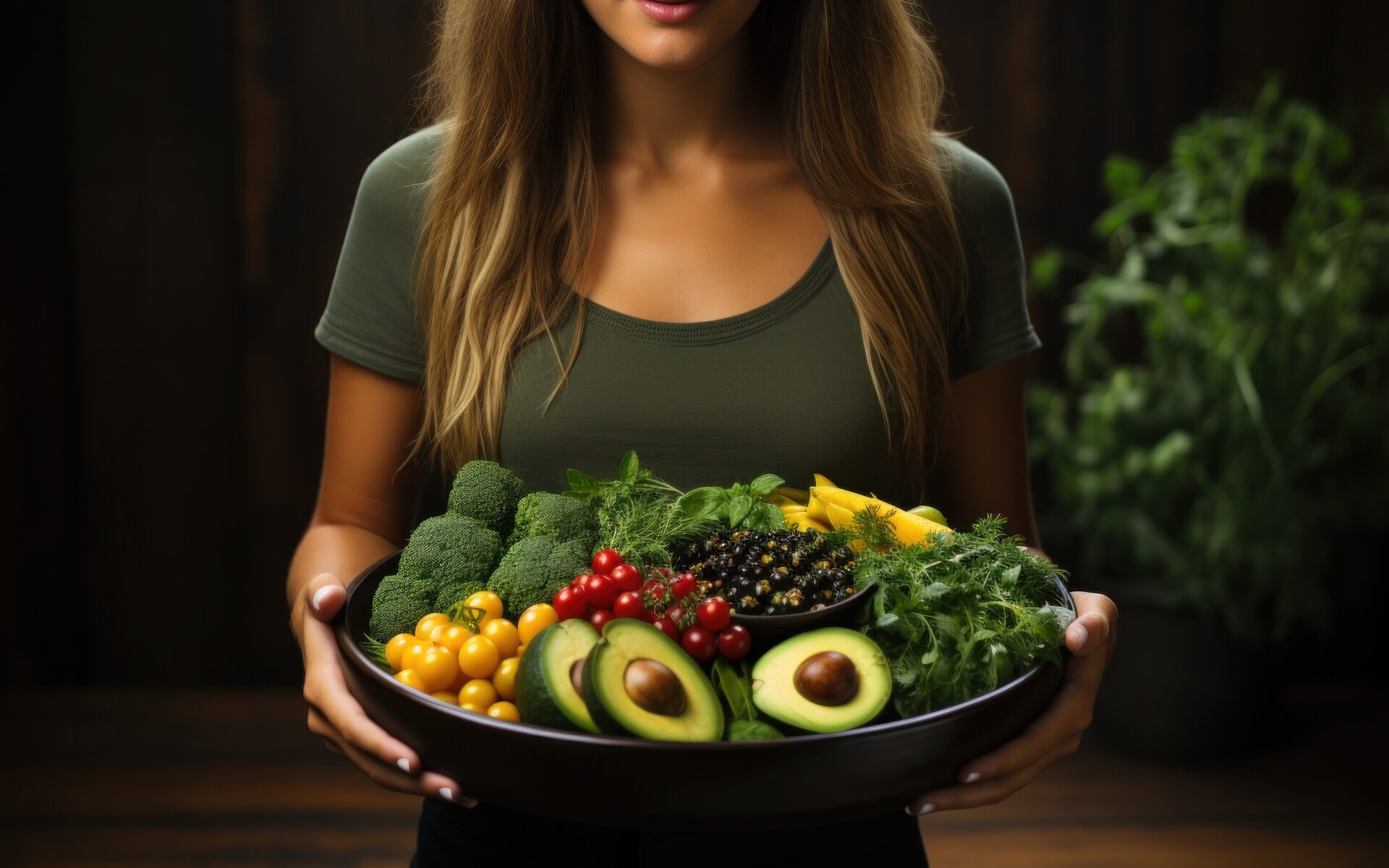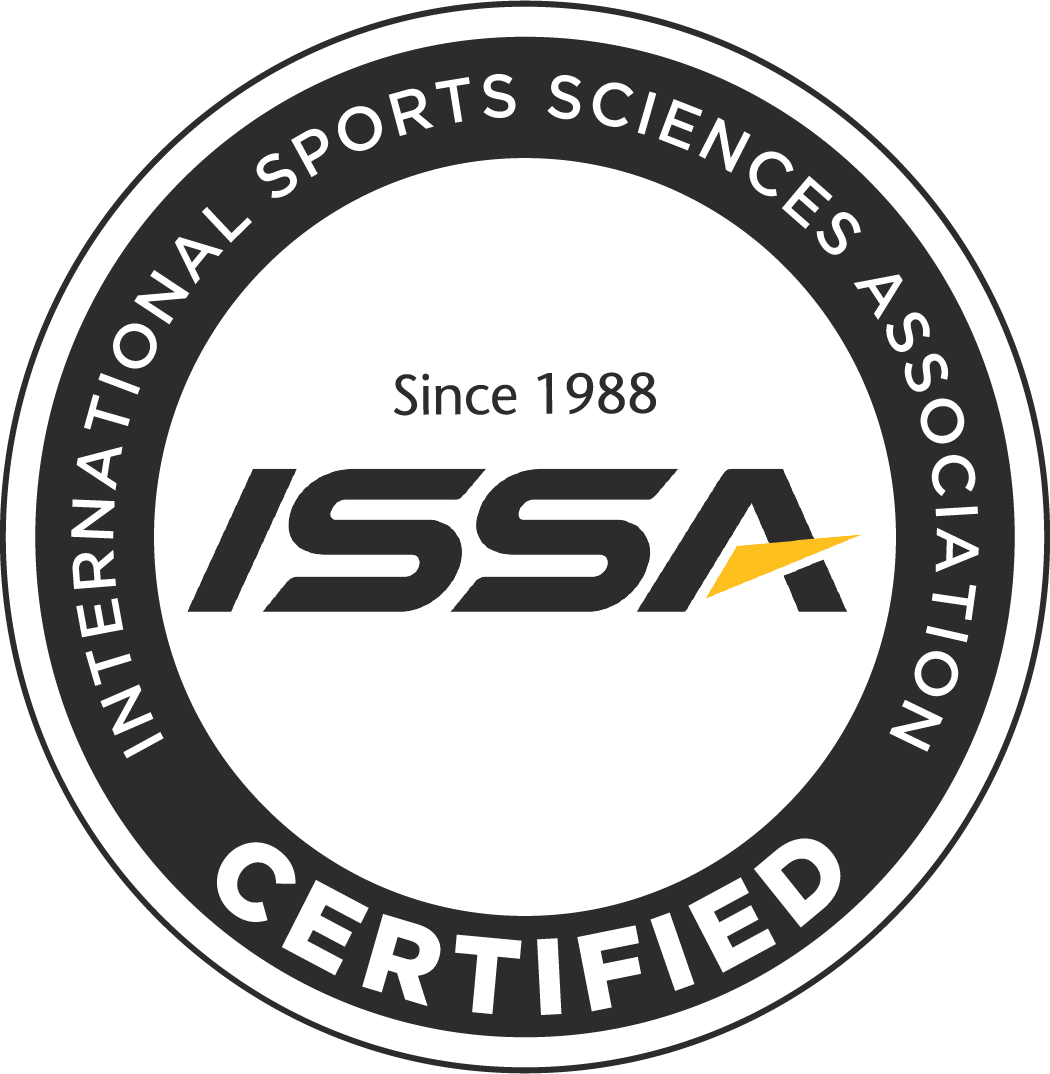
Women & Autoimmune Disease: How Nutrition Can Ease Symptoms and Restore Balance
Whether you’re team Keto, riding the Paleo wave, or committed to a Plant-Based lifestyle, one thing is clear: people are searching for structure, control, and better health through what they eat. These popular diets have helped many achieve weight loss and improved energy—but they’re not without challenges. The real key? Making sure you meet your nutritional needs while sticking to the style that fits your body and your life.
Let’s break down the success, sustainability, and nutritional pitfalls of each diet—and how to balance them in a way that supports your long-term health and weight management goals.
Why Women Are More Affected by Autoimmune Disorders
Hormones, genetics, and environmental triggers play a role. Estrogen and other hormonal fluctuations throughout a woman’s life—especially during puberty, pregnancy, and menopause—can activate or intensify autoimmune responses. Add to that chronic stress, nutrient deficiencies, and gut imbalances, and the immune system can turn its protective powers inward.
Common autoimmune conditions affecting women include:
Hashimoto’s thyroiditis
Graves’ disease
Lupus (SLE)
Rheumatoid arthritis (RA)
Multiple sclerosis (MS)
Psoriasis
Celiac disease
What Nutrition Has to Do With It
Autoimmune disorders are rooted in chronic inflammation and immune dysregulation. Nutrition can’t “cure” the disease, but it can:
Lower systemic inflammation
Replenish nutrient deficiencies
Support gut and liver health (where 70%+ of the immune system resides)
Stabilize blood sugar and mood
Reduce the frequency and severity of flare-ups
This means the food you eat every day becomes your frontline tool—not just for managing symptoms, but for taking back control of your body.
Top Nutrients That Support Autoimmune Health
| Nutrient | Role | Food Sources |
|---|
| Omega-3 fatty acids | Reduce inflammation, support joints and brain | Salmon, flaxseed, walnuts, chia seeds |
| Vitamin D | Regulates immune function and reduces flare frequency | Fatty fish, fortified milk, sun exposure, supplements |
| Magnesium | Helps reduce fatigue, muscle pain, and anxiety | Pumpkin seeds, spinach, avocado, legumes |
| Zinc | Essential for immune repair and wound healing | Pumpkin seeds, lentils, shellfish, whole grains |
| Selenium | Supports thyroid function, especially in Hashimoto’s | Brazil nuts, eggs, sunflower seeds |
| Probiotics/Prebiotics | Promote gut health and immune balance | Yogurt, kefir, sauerkraut, asparagus, garlic, onions |
Healing Foods for Women with Autoimmune Conditions
✅ What to Eat More Of:
Colorful fruits & vegetables: Rich in antioxidants and phytonutrients that calm inflammation
Leafy greens: Magnesium-rich and alkalizing (kale, chard, spinach)
Omega-3s: Fish, flaxseed, chia, and walnuts
Bone broth: Heals the gut lining and provides collagen
Gluten-free whole grains (when tolerated): Quinoa, millet, wild rice
Fermented foods: Improve gut bacteria balance (yogurt, miso, kimchi)
Herbs & spices: Turmeric, ginger, cinnamon, rosemary for anti-inflammatory support
Foods to Avoid or Limit (Common Triggers)
🚫 Gluten
Especially in those with Hashimoto’s, celiac, or gut sensitivity. Can increase gut permeability (“leaky gut”) and trigger immune flare-ups.
🚫 Dairy
Some individuals experience increased inflammation, mucus production, and digestive issues with cow’s milk.
🚫 Refined sugar
Feeds inflammatory pathways and destabilizes blood sugar—especially harmful in autoimmune fatigue and brain fog.
🚫 Ultra-processed foods
Contain additives, preservatives, and seed oils that may stimulate an overactive immune response.
🚫 Alcohol
Disrupts gut health and hormone balance, especially during flares.
🚫 Nightshades (for some individuals)
Tomatoes, eggplant, white potatoes, and peppers can aggravate joint pain or GI symptoms in sensitive individuals.
💡 Note: Elimination diets like AIP (Autoimmune Protocol) can help identify triggers—but should be done with guidance from a professional.
Sample Daily Anti-Inflammatory Menu
| Meal | What It Includes |
|---|
| Breakfast | Scrambled pasture-raised eggs with sautéed spinach and avocado; herbal tea |
| Snack | Chia pudding with berries and cinnamon |
| Lunch | Grilled salmon over quinoa and roasted sweet potatoes with olive oil and arugula |
| Snack | Handful of walnuts + green apple slices |
| Dinner | Turmeric chicken and steamed broccoli with cauliflower mash; sauerkraut on the side |
The Emotional Side: Mindset & Support Matter Too
Living with an autoimmune disease isn’t just physical—it’s emotional. The unpredictability of symptoms can be frustrating and isolating. That’s why a comprehensive plan includes:
Stress management (yoga, deep breathing, journaling)
Adequate sleep
Gentle movement (walking, Pilates, stretching)
Community and coaching to stay accountable and encouraged
Final Thoughts: You Can Heal—You Just Need the Right Tools
Autoimmune disease may change your life, but it doesn’t have to define it. Through personalized nutrition, you can reduce flares, feel stronger, and rebuild trust with your body.
At Thrive Intensity, I help women uncover the root causes behind their inflammation, identify food triggers, and build a lifestyle that supports vibrant health—even with a diagnosis.
Ready to use nutrition to reclaim your energy and reduce symptoms?
Let’s create your custom autoimmune nutrition plan.
Visit www.thriveintensity.com to book your free consultation.



